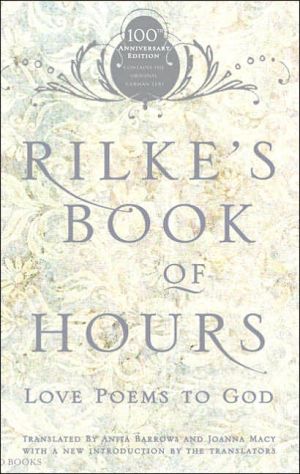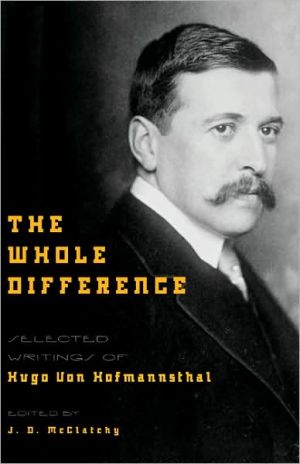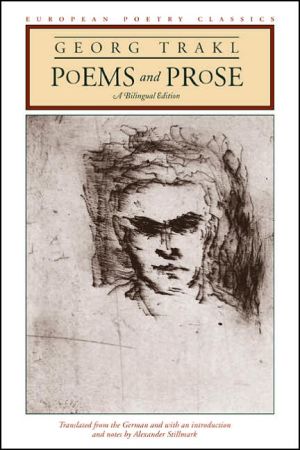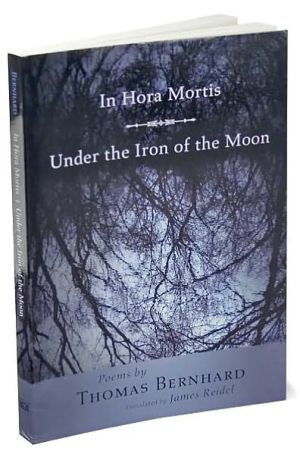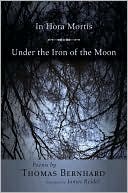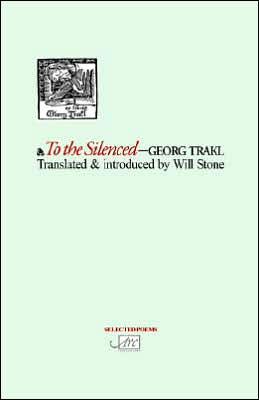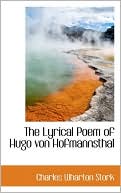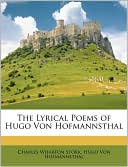Rilke's Book of Hours: Love Poems to God
While visiting Russia in his twenties, Rainer Maria Rilke, one of the twentieth century's greatest poets, was moved by a spirituality he encountered there. Inspired, Rilke returned to Germany and put down on paper what he felt were spontaneously received prayers. Rilke's Book of Hours is the invigorating vision of spiritual practice for the secular world, and a work that seems remarkably prescient today, one hundred years after it was written. \ Rilke's Book of Hours shares with the reader a...
Search in google:
While visiting Russia in his twenties, Rainer Maria Rilke, one of the twentieth century's greatest poets, was moved by a spirituality he encountered there. Inspired, Rilke returned to Germany and put down on paper what he felt were spontaneously received prayers. Rilke's Book of Hours is the invigorating vision of spiritual practice for the secular world, and a work that seems remarkably prescient today, one hundred years after it was written. Rilke's Book of Hours shares with the reader a new kind of intimacy with God, or the divine—a reciprocal relationship between the divine and the ordinary in which God needs us as much as we need God. Rilke influenced generations of writers with his Letters to a Young Poet, and now Rilke's Book of Hours tells us that our role in the world is to love it and thereby love God into being. These fresh translations rendered by Joanna Macy, a mystic and spiritual teacher, and Anita Barrows, a skilled poet, capture Rilke's spirit as no one has done before.Library JournalThe German poet Rilke wrote his Book of Hours (Das Stundenbuch) between 1899, when he was 23 years old, and 1903. The poems, sacred and intimate and not intended for the public, "came to him" in a highly inspirational way-he described it as "inner dictation"-following a visit to a monastery in Russia, where he was deeply moved by the practice of praying several times daily following a "book of hours." Barrows and Macy, accomplished poets who were born into the Judeo-Christian tradition but who have also embraced Buddhism, have carefully translated 80 of the 135 poems in the original Stundenbuch, culling some poems they felt to be weaker or less relevant to a late 20th-century reader and artfully reducing other poems to their essentials. Thus, this treasurable collection is a collaboration among three poets (or perhaps four, if one counts Rilke's insistence on the contribution of the divine!). Here is just one of many stunning moments in the extensively annotated and thoroughly prefaced collection: "All becoming has needed me./ My looking ripens things/ and they come toward me, to meet and be met." And, striking a contemporary chord: "I am living just as the century ends./ A great leaf, that God and you and I/ have covered with writing/ turns now, overhead, in strange hands." Highly recommended.-Judy Clarence, California State Univ. Lib., Hayward
Preface1Preface9Introduction17Notes on the Translation35The Book of a Monastic Life45The Book of Pilgrimage93The Book of Poverty and Death125Commentary149
\ Library JournalThe German poet Rilke wrote his Book of Hours (Das Stundenbuch) between 1899, when he was 23 years old, and 1903. The poems, sacred and intimate and not intended for the public, "came to him" in a highly inspirational way-he described it as "inner dictation"-following a visit to a monastery in Russia, where he was deeply moved by the practice of praying several times daily following a "book of hours." Barrows and Macy, accomplished poets who were born into the Judeo-Christian tradition but who have also embraced Buddhism, have carefully translated 80 of the 135 poems in the original Stundenbuch, culling some poems they felt to be weaker or less relevant to a late 20th-century reader and artfully reducing other poems to their essentials. Thus, this treasurable collection is a collaboration among three poets (or perhaps four, if one counts Rilke's insistence on the contribution of the divine!). Here is just one of many stunning moments in the extensively annotated and thoroughly prefaced collection: "All becoming has needed me./ My looking ripens things/ and they come toward me, to meet and be met." And, striking a contemporary chord: "I am living just as the century ends./ A great leaf, that God and you and I/ have covered with writing/ turns now, overhead, in strange hands." Highly recommended.-Judy Clarence, California State Univ. Lib., Hayward\ \
